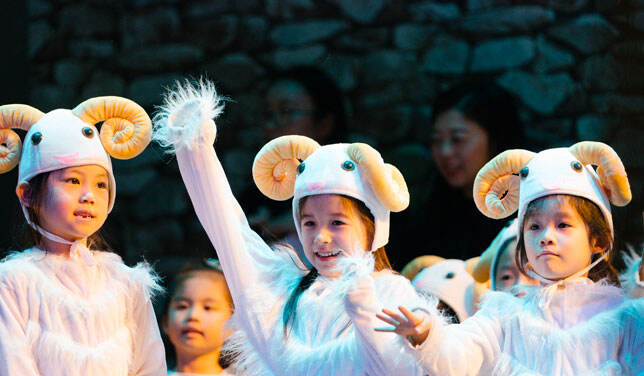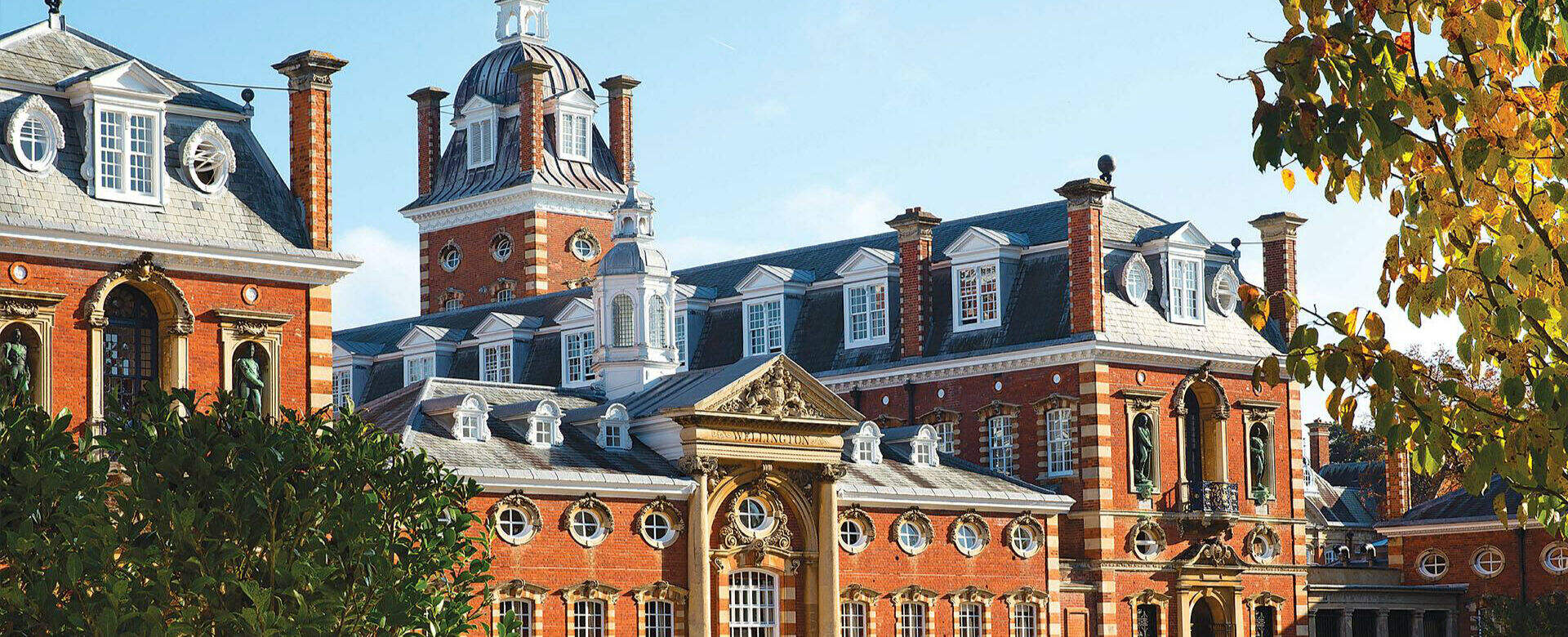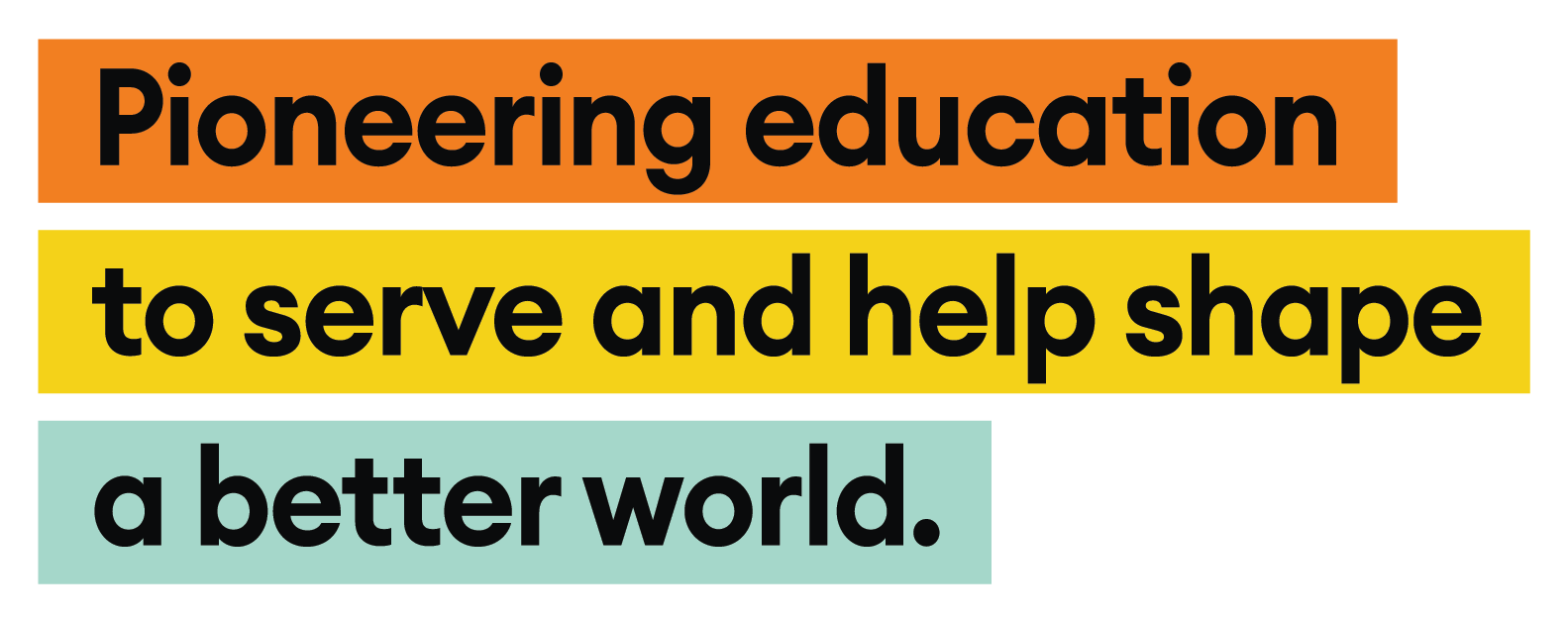What makes an excellent teacher?
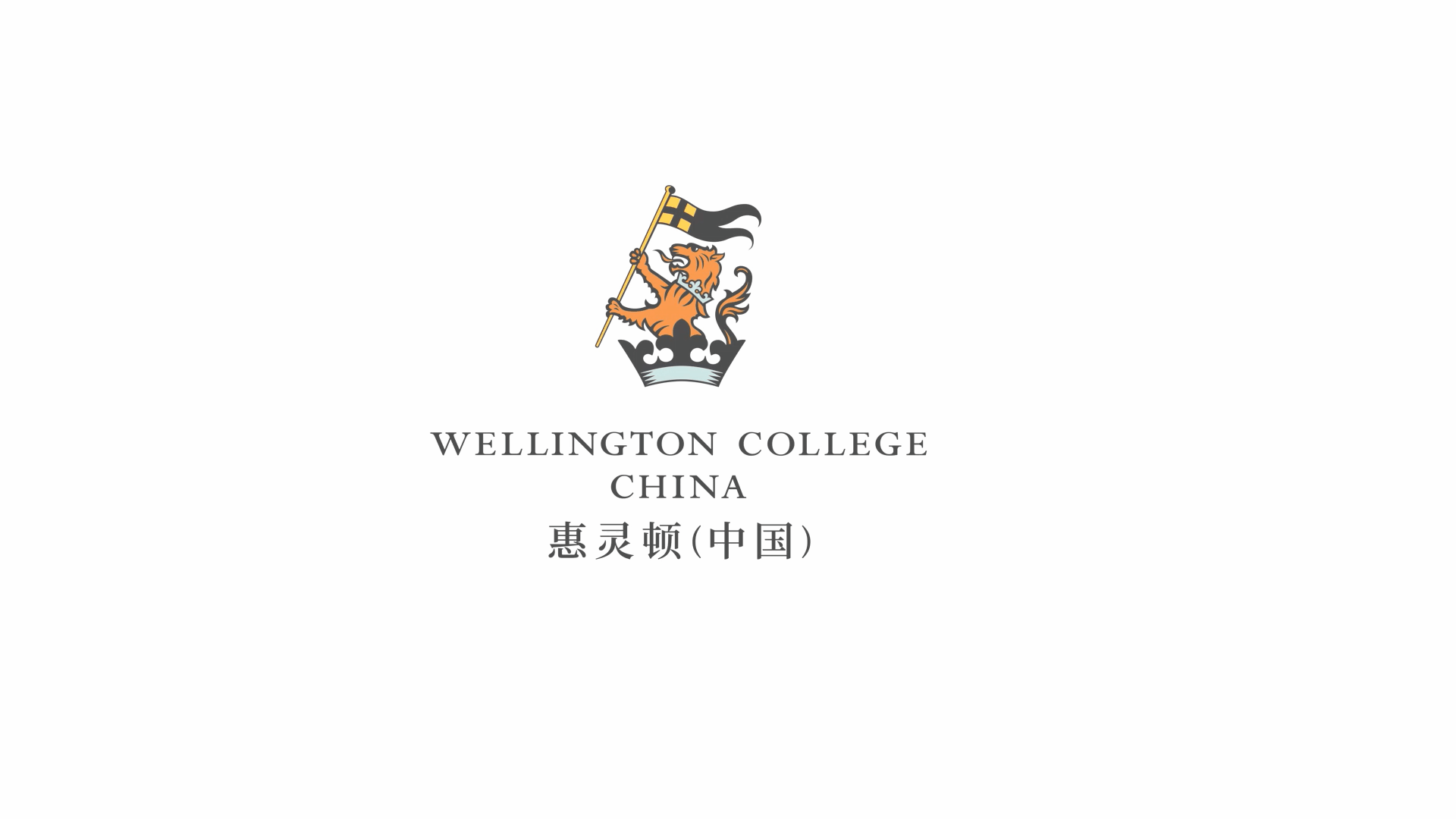
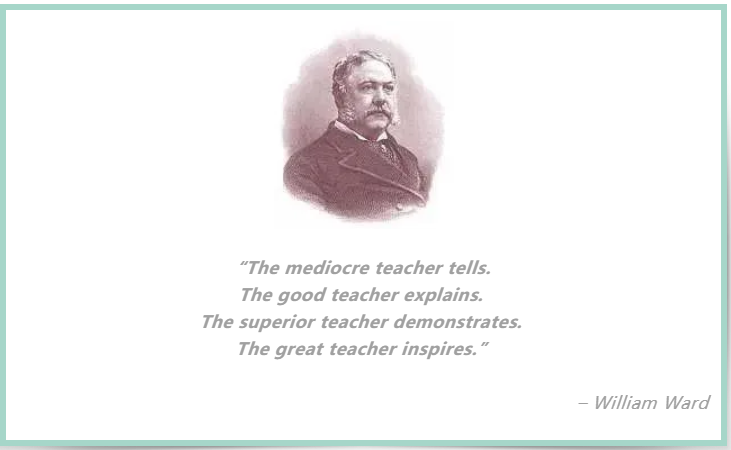
Over the past few months, the world has been turned upside down. Every day we’ve been reminded of how much we rely on our teachers to keep our communities together. Now, more than ever, we must shine a light on their profession.
As Wellington College China continues its journey to become a benchmark of the international education industry in China, supporting our teachers is of the utmost importance. Every year, Wellington College China provides a series of training and development opportunities to our teachers. It is our hope that this ongoing support helps our teachers feel equipped at all times. The value of our teaching staff cannot be understated if we are to fulfil our vision of delivering the best holistic education in China. Our facilities, resources and ideas must be innovative and future-focused if we are to stay ahead of the game. As such, keeping up with global trends and new developments in the education sector is paramount.
Enter the Global Teacher Prize, an annual US $1 million award for a teacher who has made an outstanding contribution to the teaching profession. Dubbed the “Nobel Prize of teaching,” this award serves to underline the importance of educators and the fact that, throughout the world, their efforts deserve to be recognised and celebrated.
With the new school term now underway, we thought that it would be the perfect time to learn more about this prestigious award. Our teachers are second to none, which begs the question, who are the Global Teacher Prize finalists? What can we learn from them? Do our teachers and teaching strategies have anything in common with these education experts and pedagogical pros? Let’s find out.
What is the Global Teacher Prize?
In 2013, the Varkey Foundation, a global charitable foundation focused on improving the standards of education for underprivileged children, published the first ever Global Teacher Status Index. It was hoped this index would address the gap in global knowledge about the status of the teaching profession by cataloguing the opinions and experiences of teachers and pupils all over the world.
The first Global Teacher Status Index revealed that across all 21 countries reviewed, the teaching profession maintained a mid-tier status, with teachers recording the highest status in China and the lowest in Israel and Brazil. These findings came as a shock to Sunny Varkey, the Chairman of the Varkey Foundation, whose parents had both been teachers. In an effort to raise the profile of the profession, he founded the Global Teacher Prize.
In the prize’s inaugural year, there were over 5,000 entries from 127 countries. The award regularly generates a huge amount of media interest, with reporting around the world showing a tremendous amount of support for shortlisted teachers. A host of high-profile endorsers who have been very vocal in their support for the Global Teacher Prize have included His Holiness Pope Francis, Prince William, Prince Harry, Stephen Hawking, Hugh Jackman and Bill Gates.
Since 2014, the Global Teacher Prize has gone from strength to strength, with the 2020 Prize bringing in over 12,000 applications and nominations. The winner is typically announced in March at the Global Education and Skills Forum in Dubai, but, due to the COVID-19 pandemic, this year’s prize ceremony has been postponed to December.
Who are the Global Teacher Prize finalists for 2020?
Finalists for the Global Teacher Prize come from all corners of the Earth. From teaching in remote villages to bustling metropolises, they are advocates for inclusivity, child rights and social equality. They are committed to nurturing their pupils’ abilities and confidence, and there is much we can learn from them.
The top 50 finalists for 2020 were revealed earlier this year, although the winner has not yet been named. Hailed by the Varkey Foundation as “champions for change,” we’d like to highlight three of this year’s finalists who are inspiring their pupils and communities from all corners of the globe:
1. Jamie Frost – a resourceful maths whizz from the United Kingdom
Themes:
technology, creativity, global perspective, socioeconomic diversity, digital citizenship
According to his Global Teacher Prize profile, Jamie Frost was a successful student at Oxford, whose first experience with teaching took place during his graduate studies. The positive response of his students made him realise that he had a real passion and gift for the profession; he arranged a week of teaching experience at his old school and the rest is history.
Jamie has been teaching at a state school in the United Kingdom (UK) for the last eight years. During this time, he created and continues to run an incredibly popular website for maths tuition called DrFrostMaths. The site was developed to support the school’s lower attaining students and stimulate those who were otherwise disenfranchised with mathematics.

Much to Jamie’s surprise, the learning resources he uploads onto DrFrostMaths have now been downloaded more than seven million times, with anecdotal evidence suggesting that the site is used in some capacity by well over half of all secondary schools in the UK. His resources have been used around the world to provide teaching for schools in Zimbabwe, for disabled students, and even for 18-21-year-olds in an Ohio prison.
DrFrostMaths has contributed to Jamie’s school seeing a significant rise in Gold awards from the UK Mathematics Trust Maths Challenge – growing from 49 Junior level awards in 2012 to 134 Gold awards in 2019 (thought to be the highest of any school in the UK).

Jamie’s achievements have been recognised by the public many times. In 2015 he was featured as author of the month in the Times Educational Supplement, and in 2016 DrFrostMaths was named Teacher Website of the Year by resourceaholic.com. Jamie also won his category at the National Teaching Awards and appeared on BBC2’s Britain’s Classroom Heroes in 2018. He is highly sought-after as a speaker and has been invited to tour many schools in the UK as well as Malaysia, Singapore and Thailand.
Jamie continues to offer his website and resources completely free, as he feels it is important for these resources to be available regardless of schools' or families' incomes.
2. Lusine Jhangiryan – a technological prodigy from Russia
Themes:
technology, creativity, global perspective, ESOL, digital citizenship
Lusine Jhangiryan originally studied Journalism while earning extra money by teaching English privately. Her teaching experience made her realise that she could have a positive impact on people’s lives, and as a result the profession quickly became her passion.
During her first teaching job, Lusine discovered that her students constantly struggled to learn English as a foreign language because they had little opportunity to use it in their everyday lives. She solved this problem by connecting her students to English-speaking communities around the world. Despite their initially modest facilities, Lusine arranged online projects, Skype lessons, and cultural exchanges with other countries.
Using the PenPal Schools portal, which allows connection to classes in 150 countries, her students are now involved in cooperative research and discussions about global issues such as climate change, environmental pollution, interracial equality and living in multicultural communities.

Lusine has also launched the Schools Around the World project, which connects a significant number of teachers and students from different continents. She began sharing her experiences by teaching educators about how global education and innovative technologies can change classrooms.
Thanks to her hard work, her school has now been recognised as one of the 100 best schools in Russia, with her students winning numerous awards. In 2016 she became the first National Geographic Certified Educator in Russia, and in 2018 she became the Global Ambassador of PenPal Schools and was also selected as a winner of the E-Innovation Global Awards in India. Last year, Lusine was appointed a Microsoft Innovative Educator Expert.
3. Wu Rongjin – a world-leading expert on emotional education from China
Themes:
technology, wellbeing, creativity, socioeconomic diversity
Wu Rongjin is the principal of Luwan No.1 Primary School in the Huangpu District of Shanghai. Wu Rongjin is a strong advocate for “emotional education” – a personal method of teaching she has been actively exploring and developing for 17 years.
Her curriculum makes use of rich emotional experiences that are grounded in cultural awareness, social backgrounds, regional characteristics and classroom age groups. Over the last decade, Wu Rongjin has fully utilised information technology to assist and build on children's development – creating learning spaces that can be used anytime and anywhere, so that every child can drive their own growth. For example, her “Cloud Kitchen” course has cultivated and improved students' home economics skills, and the “Cloud Desk” course has done the same for project learning.
To date, Wu Rongjin has published two books about emotional education, and her courses have been taken up as part of the curriculum for regional primary, secondary and kindergarten schools. Her research results have won the National Education Achievement Award, and she has also been named among National Model Teachers and Principals of China's Innovative Education.
Under the leadership of Wu Rongjin, Luwan No.1 Primary School is on its way to becoming a benchmark for information-based education in Shanghai.
What can we learn from the Global Teacher Prize finalists?
Jamie Frost’s experiences teach us to be resourceful. When his lower attaining (and otherwise disenfranchised) pupils were not engaged with mathematics, he created his own website for maths tuition which is now used all over the world.
Lusine Jhangiryan’s experiences remind us that collaboration is key when pupils are struggling to develop a particular skill. She saw that her English pupils were unable to practice the language in their daily lives, so she arranged online lessons and connections with English-speaking communities around the world.
Wu Rongjin’s experiences demonstrate how recognising and utilising our pupils’ individual experiences can help to drive their academic growth. When she realised her pupils’ development could be hindered by individual emotional experiences, she set out to develop a framework that would help them.
Excitingly, there are several commonalities present among the finalists we’ve profiled above and Wellington College China’s own exceptional educators, including:
The innovative and meaningful use of technology.
Our schools are supported by strong technical support teams who ensure the smooth operation and innovative use of technology in all areas. In fact, toward the end of 2019, Wellington College International Tianjin was selected as the first international school in China to become a Microsoft Showcase School – an excellent example of our technological expertise being recognised.
The ability to think creatively and be resourceful.
Wellington College China is a huge advocate for creativity in the classroom. Last year’s inaugural Art Week at Hiba Academy Shanghai’s was all about pupils unleashing their creativity onto the very walls of the school itself; previously bare hallways and stairwells are now decorated with colourful wall murals that represent Hiba’s caring and cohesive community.
A commitment to ensuring our pupils are responsible global citizens.
In an increasingly globalised world, Wellington College China recognises the importance of instilling our pupils with a well-rounded, global perspective. Wellington College International Shanghai has previously been invited to attend the World Languages Academic Festival, and in 2019 Wellington College International Tianjin took part in a Model United Nations conference alongside 200 other pupils from international schools in China and South Korea.
An awareness of socioeconomic and cultural diversity.
Wellington College China recognises the importance of community involvement in a child’s education, and our teachers are well-versed at structuring their lessons with active and inclusive teaching methods. As of this year, Wellington College Bilingual Tianjin A Level Centre has started accepting applications for the Shuping Scholarship – a programme established specifically for pupils who come from a working-class background.
A love of learning and passion for the teaching profession.
Our teachers are endlessly enthused and committed to working in the education sector. As integral members of the Wellington Family, they work to build a vibrant and caring community wherein all pupils are given the necessary means to achieve academic excellence.
These five qualities are not only seen among the teachers who work within Wellington College China’s schools, but they are seen among all teachers, everywhere. Teachers care deeply for their pupils, professions and communities, and it’s high time we let them know that we care about them, too.
//
Just like the Varkey Foundation, Wellington College China believes that teachers play an essential role in our society. It is obvious from reading about only a few of this year’s Global Teacher Prize finalists that teachers can transform the lives of their pupils and their wider communities for the better.
We are fortunate to be surrounded by highly skilled and experienced educators whose commitment to their roles is beyond compare. Our teachers have varied and interesting backgrounds in education, work experience from all over the world, and they are driven by a genuine desire to inspire the pupils in their care. To support their efforts, we provide our teachers with a range of opportunities for professional learning and training throughout the school year.
We also offer extensive training and development support to our new teachers. This support comes in a variety of forms, including workshops and education forums that cover a diverse range of topics such as assessment, item-based learning, school-based research, behaviour management and school environment management. It is our hope that each of our teachers will realise their full potential and continue to be a lifelong learner here at Wellington College China.
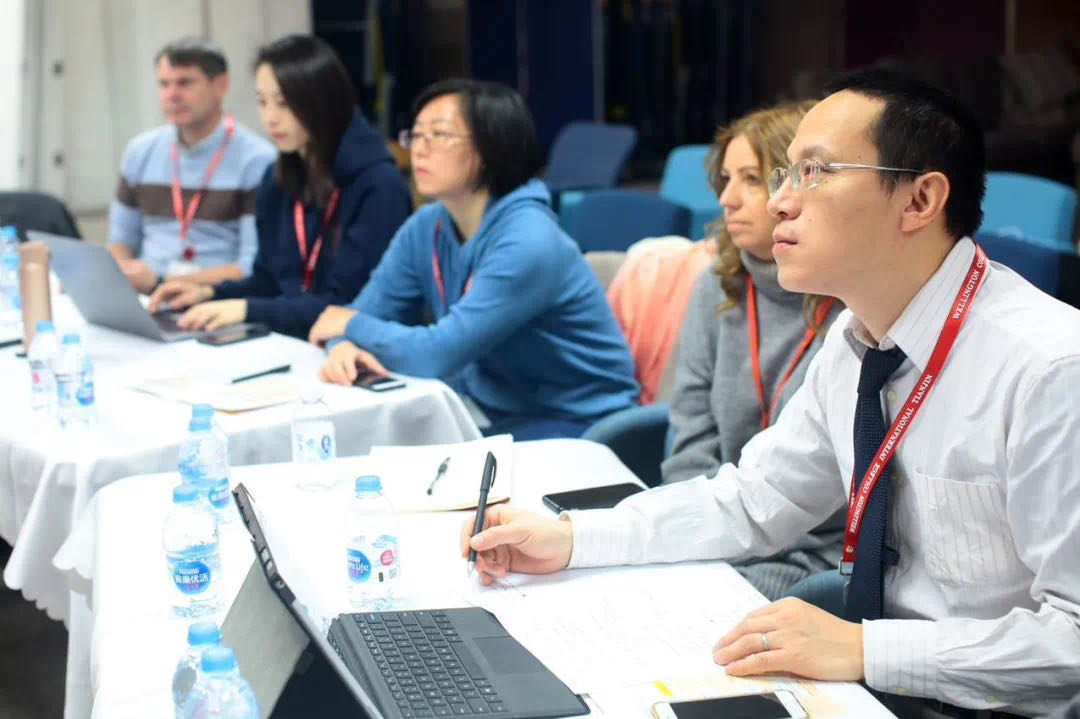
Across three cities and five campuses, we have now amassed a pool of educators from all over the world who are able to share their experiences and support each other’s growth. We are proud of our teachers for their ongoing commitment to providing outstanding education in our schools, and we would like to extend our utmost appreciation to them for being integral members of our international community.
As the 2020-21 academic year begins, we would like to wish all of our teachers the best of luck for the term ahead.
Join Wellington College China today and help build a brighter future for the global citizens of tomorrow!







